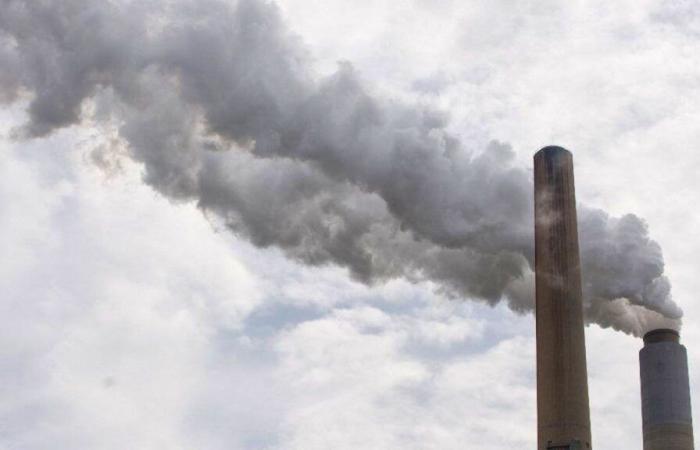While the 29th United Nations climate conference (COP29) begins this Monday in Azerbaijan in the presence of our Minister of the Environment Albert Rösti, the German-speaking newspapers of Tamedia reveal that Berne wants to support three new gas power plants abroad .
Our country is supporting a project in Turkmenistan as well as two others in Vietnam, on behalf of the Swiss Export Risk Insurance (Serv). Together, the three plants will emit 8 million tonnes of CO2 per year, or a fifth of Switzerland’s fuel gas emissions. Amount planned for the three projects: 520 million francs. General Electric in Baden (AG) will supply the necessary technologies.
Problem: this support is in contradiction with Switzerland’s commitment to the 2021 climate conference. Indeed, at COP26 in Glasgow, Switzerland, led by former federal councilor Simonetta Sommaruga, decided with 30 other countries to no longer favor companies carrying out oil, coal or gas projects abroad, the newspapers point out.
In Bern, Guy Parmelin’s Department of Economy (DEFR) is defending itself. “Too strict management of gas power plant projects by the Serv would increase the risk of relocation of the production of export goods and therefore loss of jobs in Switzerland,” it is explained. And also added that “gas power plants can be important for more climate-friendly energy production and for the economic progress of emerging countries, if they replace a coal or oil power plant”.
Get rid of coal-fired power plants faster
Swiss support has drawn criticism from the International Institute for Sustainable Development. He studied how the “Glasgow Declaration” has been implemented so far. “Switzerland is the only country to have diluted its policy,” he says, according to German-speaking newspapers.
At home, the left protests: “This is a missed opportunity to invest quickly and consistently in renewable energies,” according to National Socialist Councilor Claudia Friedl. On the right, another story: “Gas power plants abroad are useful to do without coal power plants more quickly,” believes his UDC colleague Michael Graber. “In many regions of the world, they are the only possibility of producing sufficient electricity and guaranteeing a solid energy supply for the population and the economy,” adds PLR Christian Wasserfallen.






